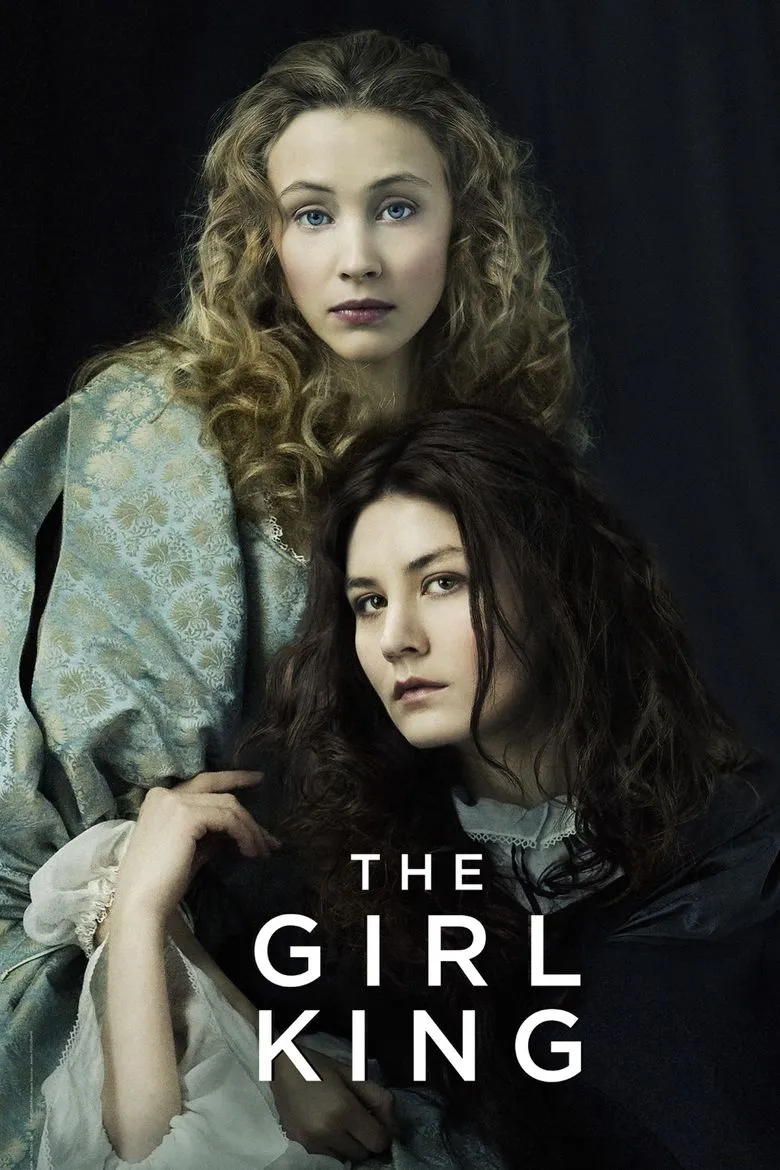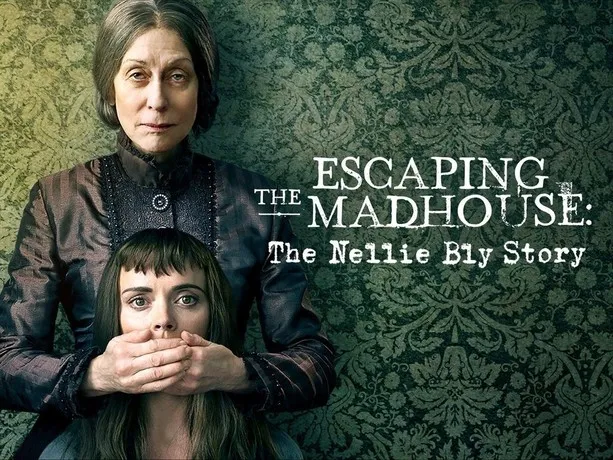The Girl King (2015)
The Girl King (2015), directed by Mika Kaurismäki, is a historical drama based on the life of Queen Christina of Sweden, one of the most unconventional monarchs in European history. Set in the 17th century, the film depicts the rise of Christina (Malin Buska), a young woman who ascends to the throne at the age of six after the death of her father, King Gustavus Adolphus. Christina is an intellectual and free spirit who defies the expectations of the monarchy and society, determined to rule her kingdom as she sees fit. She is uninterested in the traditional roles prescribed for women, particularly the need to marry and bear children to secure the throne. Instead, Christina is passionate about philosophy, art, and literature, and she actively seeks to surround herself with scholars and artists, transforming her court into a vibrant hub of intellectual activity. As she grows older, Christina faces immense pressure from her advisors and the court to conform to the gender expectations of her time, particularly the demand that she marry and produce an heir. However, Christina remains steadfast in her desire for independence and autonomy, setting the stage for her personal and political struggles throughout the film. As Christina matures, the film explores her internal and external conflicts. Her refusal to marry is seen as a threat to the stability of the Swedish monarchy, and the court grows increasingly hostile toward her defiance. Among her advisors is the ambitious and pragmatic Chancellor Axel Oxenstierna (Michael Nyqvist), who believes that Christina's unconventional choices will undermine the kingdom's future. At the same time, Christina develops an intense bond with the Italian noblewoman, Countess Maria Elisabeth (Sarah Gadon), whom she deeply admires. Their close relationship gradually evolves into a romantic and emotionally charged connection, and Christina finds herself torn between her duty as a queen and her desires for Maria. The relationship becomes a source of tension, both personally and politically, as Christina struggles with the conflicting expectations of ruling a kingdom and living authentically. As Christina’s power as a queen grows, her relationship with Maria and her intellectual pursuits further strain her connection with the traditional power structures in her court, highlighting the tension between her progressive ideals and the rigid societal expectations she faces.

In the final act, The Girl King portrays Christina’s decision to abdicate the throne in 1654, one of the most extraordinary moments in her life. Disillusioned by the political pressure, the expectations of marriage, and her own internal conflicts, Christina makes the bold decision to step down from the throne and abandon her role as queen. She ultimately decides to leave Sweden for Rome, where she can live more freely and pursue her intellectual passions without the constraints of her royal position. Her abdication is a controversial move that shocks Europe, and she remains a fascinating historical figure whose life was marked by defiance, independence, and the desire for self-expression. The film ends with Christina in exile, living out her days as a patron of the arts, surrounded by her scholars and supporters, but forever bound to the legacy of her reign. The Girl King ultimately portrays a woman ahead of her time, whose personal struggles and sacrifices highlight the themes of freedom, identity, and the tension between duty and personal fulfillment.

The Girl King is a thought-provoking and visually striking film that explores the complex life of Queen Christina and her refusal to conform to the constraints of her position and her gender. Malin Buska’s performance as Christina captures the emotional intensity and intellectual depth of the queen, bringing her inner turmoil and rebellion to life. The film also features a strong supporting cast, including Sarah Gadon as Maria Elisabeth, whose chemistry with Christina adds an emotional layer to the narrative. The historical backdrop is rich with political intrigue and social commentary, highlighting the challenges faced by a woman in power during a time of rigid gender roles and political turmoil. Ultimately, The Girl King is a celebration of Christina’s courage and intellectual spirit, portraying her as a trailblazer who defied the expectations of her time and chose to live life on her own terms. The film’s exploration of love, identity, and the price of independence makes it a compelling and inspiring story about a remarkable woman who remains an enigmatic and influential figure in history.




-1739759952-q80.webp)